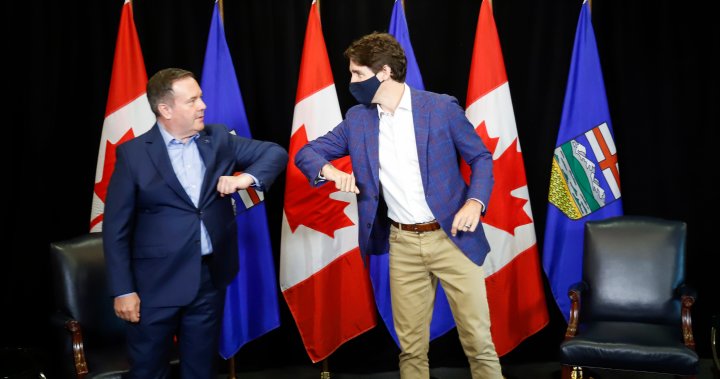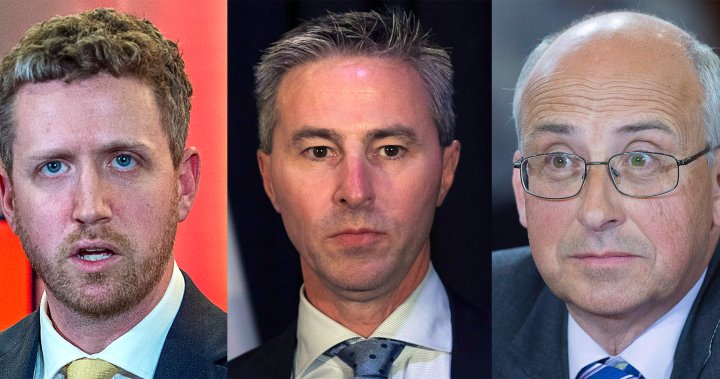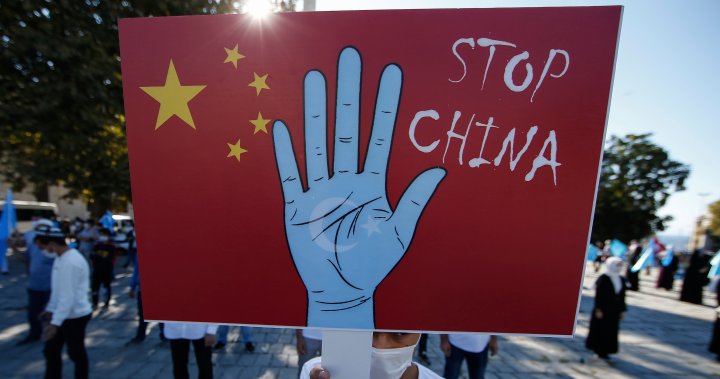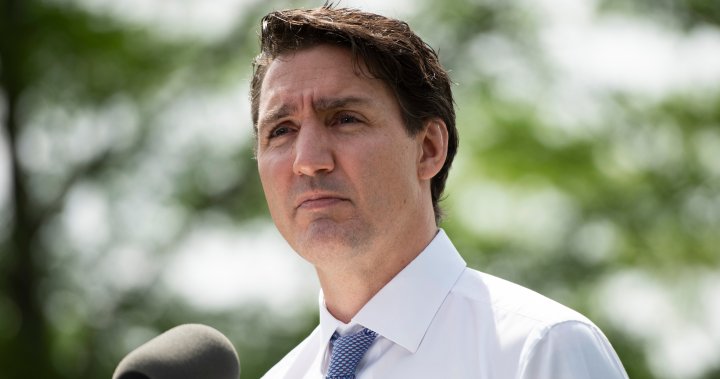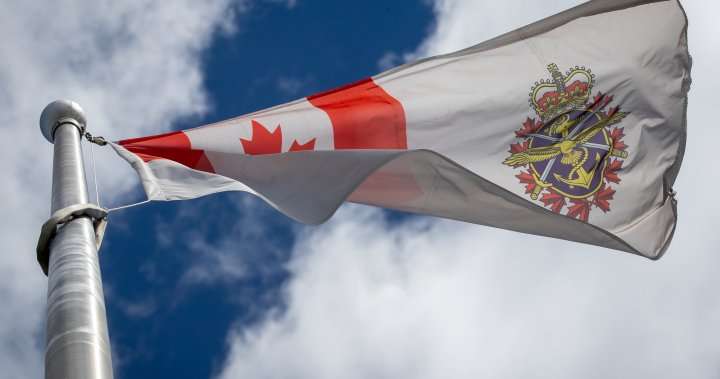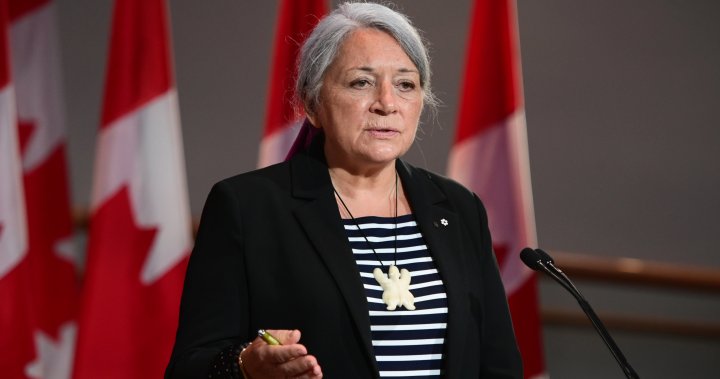Few would disagree that living through a global pandemic for the past 16 months has been draining.
That no doubt includes the country’s premiers, who were repeatedly forced to make tough calls on shuttering schoools and shuttering large swaths of the economy to curb the spread of COVID-19 and preserve hospital capacity in their provinces and territories.
Read more:
Trudeau stays silent on possible summer election, says government is focused on its work
So with speculation simmering that Prime Minister Justin Trudeau may trigger an election before long, how much fight do those who usually have a bone to pick with Ottawa have left?
“Everybody is looking for a change, but nobody has the energy to start the movement,” said Alise Mills, a Conservative strategist and senior counsel with Sussex Strategy Group.
“Every premier in this country has got a few scars and battle wounds, and some are bleeding heavier than others and know that the focus has to be on holding their ground and winning back what they’ve lost during the pandemic.”

The current situation appears to be a far cry from two years ago when Conservative premiers joined forces over their opposition to the Trudeau government’s carbon pricing efforts.
They unanimously criticized the Liberal plan to impose a charge on fuel in provinces that either refused to introduce a carbon-pricing plan of their own or implemented one that didn’t meet with federal approval.
The political fight against the carbon tax was coupled with concerns from Saskatchewan Premier Scott Moe and then newly-elected United Conservative Party Premier Jason Kenney in Alberta about the federal Liberal’s regulatory approach to energy policies, which they said would hurt growth in the oil and gas and other resource sectors.
Signs of the fight Trudeau had on his hands going into the October 2019 election came to vivid life at the Calgary Stampede that July when Kenney invited Moe, Ontario Premier Doug Ford, New Brunswick’s Blaine Higgs and former Northwest Territories leader Bob McLeod for a summit of “like-minded premiers.”
Read more:
Trudeau pledges $420M to phase out coal at Algoma Steel in campaign-style visit
Daniel Beland, a political-science professor at McGill University, says Ford and Kenney — the two biggest players of the Conservative premiers’ group _ have damaged their images by their handling of the COVID-19 crisis and are now among the least popular provincial leaders.
“They didn’t manage the pandemic well, at least that’s how the population perceives it,” said Beland.
Another issue is the question of what motivates premiers to rally together against Trudeau like the fight against the carbon tax did, since that battle is largely over.

The Supreme Court of Canada earlier this year upheld the federal government’s approach, and even federal Conservative Leader Erin O’Toole has since embraced carbon pricing.
“What is really that unifying issue that unifies all the premiers across the board. I’m not sure there is one,” said Shakir Chambers, political strategist and principal at Earnscliffe Strategy Group.
“Even on international travel, you have someone like Jason Kenney that’s pretty much saying, ‘open up the borders,’ but then you have Doug Ford that’s saying, ‘you know what, not just yet.’”
One outstanding request all premiers agree needs to be filled is Ottawa giving provinces billions more in health transfers.
The leaders say the federal government’s payments only contribute to 22 per cent of the actual cost of delivering health care. They want to see that share boosted to 35 per cent, which would provide an extra $28 billion a year.
Canada’s premiers are not scheduled to meet in any official capacity until October in Winnipeg, where Pallister, who now chairs the group, says long-term health care funding will be a priority.
© 2021 The Canadian Press
